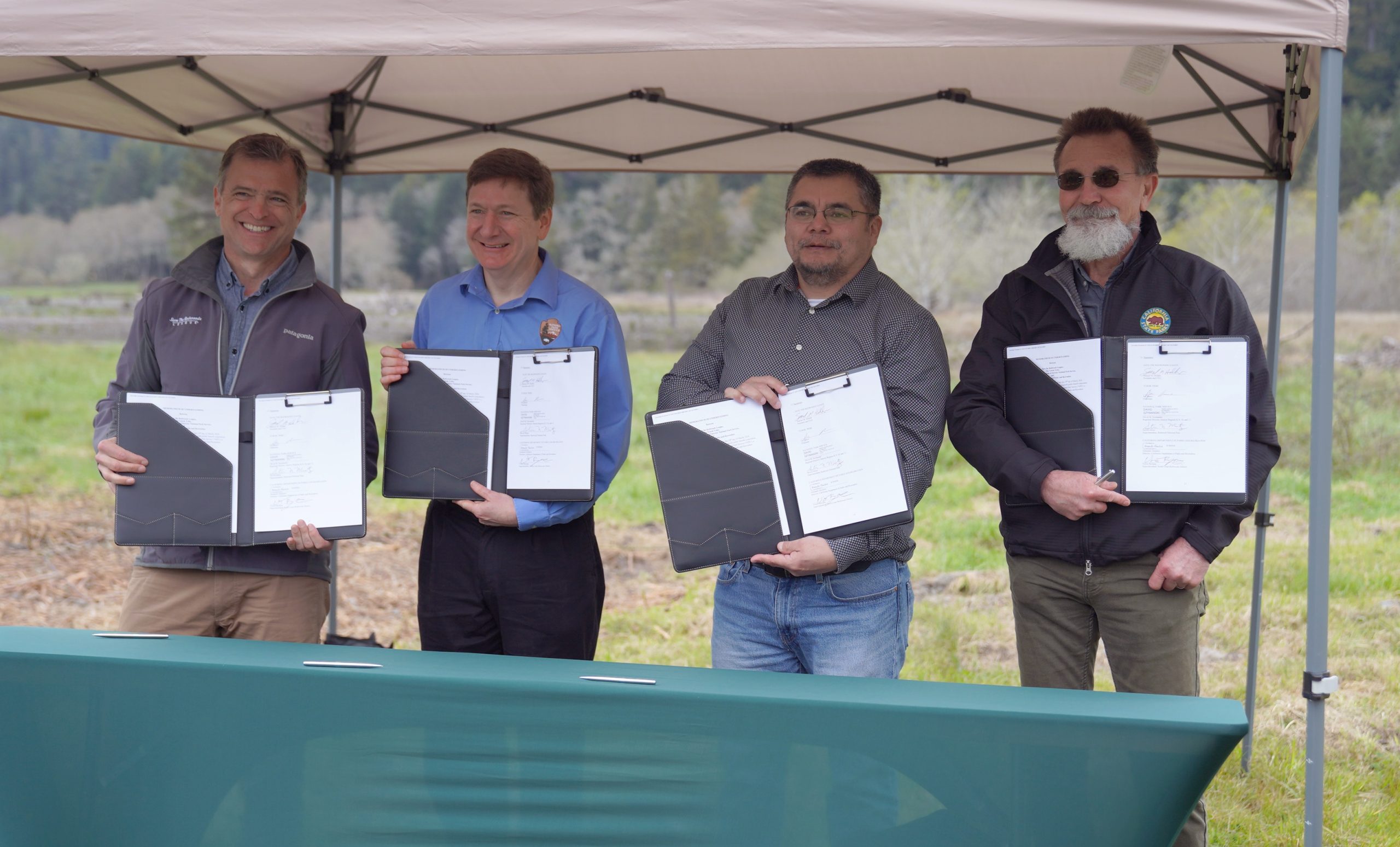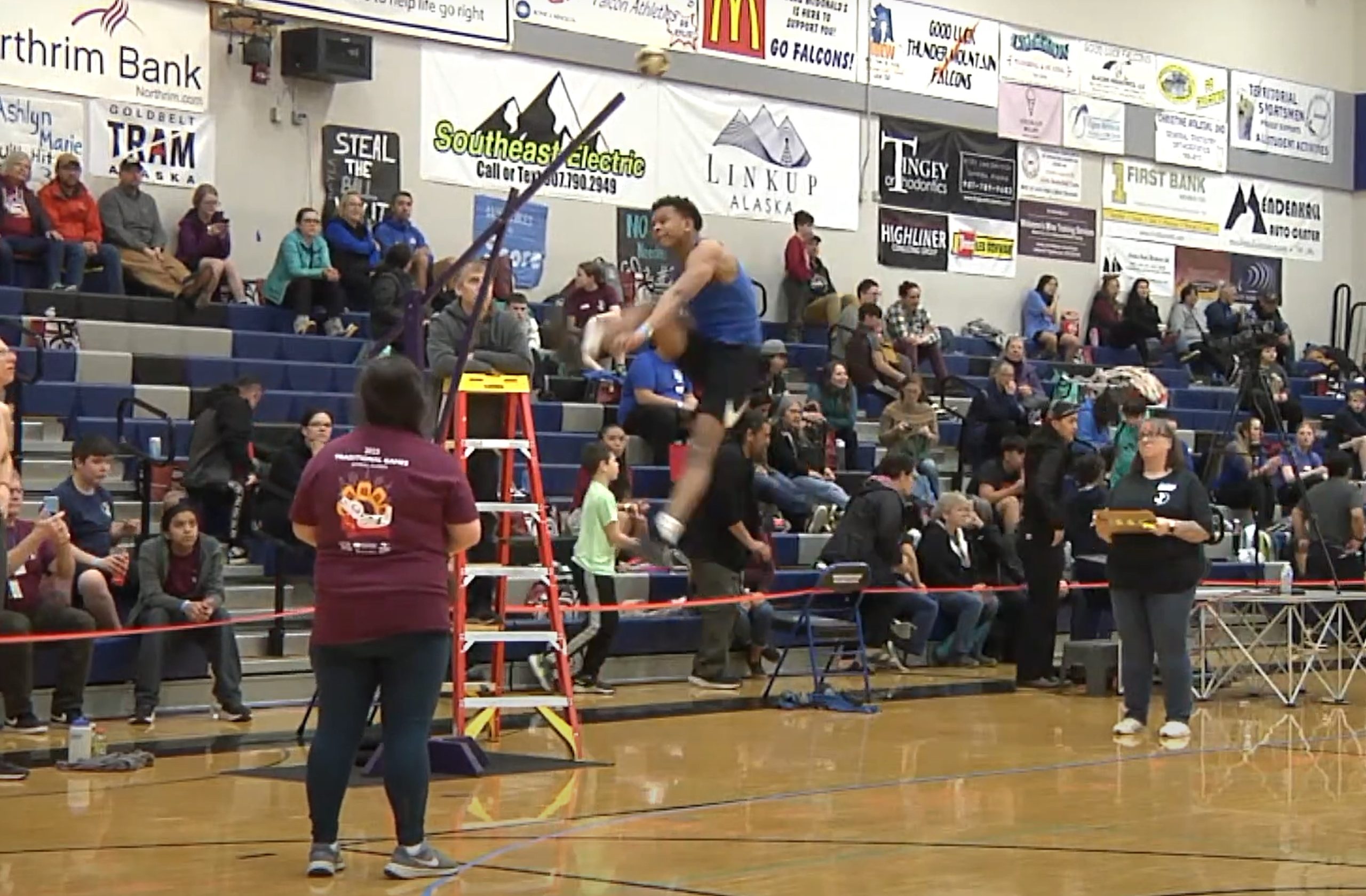Podcast: Play in new window | Download | Embed
Construction on a memorial to honor the nearly 50 documented children who died at a Rapid City Indian Boarding school starts soon.
Officials say crews will finish the memorial by Native American Day in October.
South Dakota Public Broadcasting’s Lee Strubinger has more.
After World War II, the city of Rapid City, through a congressional authorization, annexed 1,200 acres of land of what’s called West Rapid.
The move displaced natives living near the former Sioux Sanitorium.
Native Americans were then moved to what’s considered North Rapid.
A new memorial will pay homage to that displacement as well as honor 50 children believed to have died when the facility was a boarding school.
“The intention is to build empathy and understanding in our community.”
That’s Amy Sazue (Lakota), Executive Director of the Remembering the Children Memorial.
“To help people understand their community members and neighbors a little bit better. To understand race relations in our community a little bit better. See some of the symptoms of historical trauma and understand those that are suffering from historical trauma a little bit better.”
The memorial will be built on tribal trust land belonging to the Rosebud, Oglala, and Cheyenne River Sioux Tribes.
The location is near West Middle School and Canyon Lake United Methodist Church.
Once construction is complete, the next phase of the memorial will take shape, which is art installation.
Sazue says the memorial will look like a public art space.
“The spirit of different parts of the story have to be present, and there’s no better way to do that than through art. Everything on site, actually — there are benches, there’s a little plaza where people enter, there’s a food shelter where people can have meals — everything is being designed by artists.”
The memorial will also feature a sculpture by Indigenous artists, who will work collaboratively with South Dakota sculptor Dale Lamphere.
The sculpture will likely be installed by Spring of 2025.

Eclipse Watch Party at One Fire Field. April 8, 2024. (Courtesy The Cherokee Nation / Facebook)
Tribes across the country observed Monday’s solar eclipse in various ways or took time to reflect during its occurrence.
Tribes have different beliefs and stories regarding solar eclipses with cultural narratives that vary.
The Cherokee Nation in Oklahoma held a Solar Eclipse viewing party.
One of Cherokee Nation stories focuses on a frog.
As educator, storyteller, and Cherokee Nation National Treasure Robert Lewis explains, the story originates around the 1800s.
Lewis says Cherokee people gathered and noticed a darkness across the landscape, they noticed the sun being covered – a giant frog swallowing the sun so they decided to scare it away.
Here’s part of the story Lewis shared on social media.
“They decided they were going to try and scare it away. So, the medicine people said we need to frighten it away they pulled out their guns and firearms and started to shoot them in the air and got their pots and pans and began to bang as well. They did every kind of noise they can to frighten the frog away. Eventually, the sun came back, the mouth let go and the frog disappeared. That’s basically the story that has been passed down. As a storyteller I can embellish it and have other aspects of the creature showing up. The basic part is the frog was coming to swallow the sun and we scared it away.”
Lewis says during an eclipse, Cherokee people will go out and try and frighten the frog away.
The Choctaw Nation in Oklahoma also held activities and events across Choctaw Country to observe and educate.
A Choctaw story involves a black squirrel who nibbled the sun as Choctaw people noticed it getting darker, so they scared the squirrel away.
The Navajo Nation, located in the Four Corners region, views the eclipse as a sacred time – traditionally staying indoors, praying, and reflecting.
The Navajo Nation kept the executive branch open, as well as essential services including police and hospitals.
The solar eclipse crossed North America where people gathered at various location, especially in the path of totality from Mexico, across the United States from Texas to Maine and Canada’s Atlantic coast.
Get National Native News delivered to your inbox daily and stay up-to-date on the 2024 Native Vote. Sign up for our daily newsletter today.
 On-site counseling will be offered at Haskell Indian Nations University in Lawrence, Kan. this week.
On-site counseling will be offered at Haskell Indian Nations University in Lawrence, Kan. this week.
 Zooming across the Navajo Nation, a new non-profit called NDN Girls Book Club is bringing books written by Indigenous authors to the reservation.
Zooming across the Navajo Nation, a new non-profit called NDN Girls Book Club is bringing books written by Indigenous authors to the reservation.










 The Montana Supreme Court has ruled in favor of tribes and Native organizations in a Native vote
The Montana Supreme Court has ruled in favor of tribes and Native organizations in a Native vote  The decision affirms a 2022 ruling.
The decision affirms a 2022 ruling.




